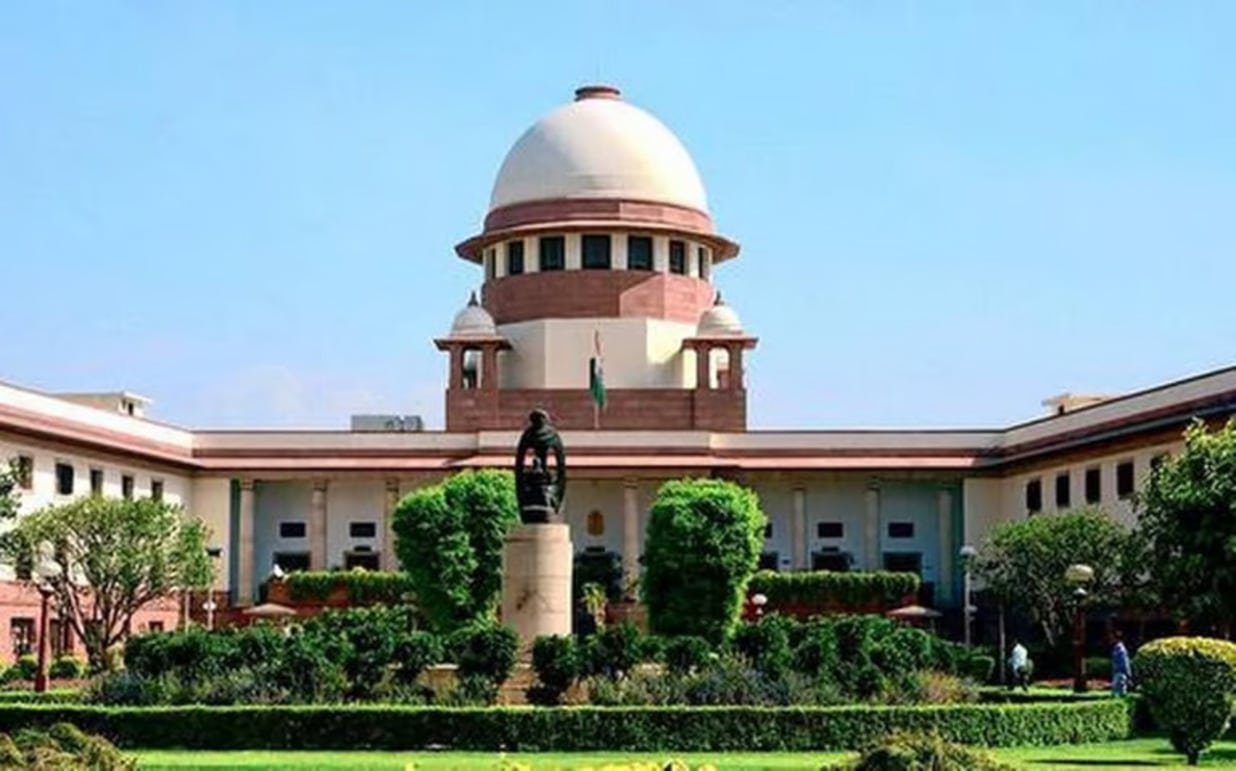On Thursday, December 12, the Supreme Court will begin hearing multiple petitions that question the constitutional validity of the Places of Worship (Special Provisions) Act, 1991.
This law is designed to maintain the religious character of places of worship as they existed on August 15, 1947, and its outcome could significantly impact India’s secular foundation. Ahead of this pivotal hearing, several petitions supporting the Act have been submitted to the court.
Rashtriya Janata Dal (RJD) MP Manoj Jha has filed an intervention application asserting that the law protects the nation’s secular principles, prevents communal strife, and upholds constitutional values like equality and fraternity.
He emphasized that the 1991 Act was enacted by Parliament to promote peaceful coexistence among various religious groups and to maintain the inclusive spirit of the Constitution. He cautioned that reopening settled matters concerning religious sites could lead to conflict, labeling the Act as a legislative assurance for upholding secularism. Jha also warned against the growing trend of “sectarian politics” that exploits religion to divide communities.
Additionally, two major mosque committees have sought to participate in the case. The Gyanvapi Mosque Committee from Varanasi contended that invalidating the Act would threaten the rule of law and communal harmony, arguing that historical grievances should not serve as justification for constitutional challenges.
The Shahi Eidgah Mosque Committee from Mathura highlighted the Act’s significance in promoting progress, noting its resilience over the past thirty years.
Both committees expressed concern that revisiting historical injustices could undermine communal peace, emphasizing that the Act was a proactive measure by Parliament to avert disputes that might disrupt public order.
The Communist Party of India (Marxist) has also filed an intervention application, describing the law as essential for maintaining communal harmony and safeguarding the nation’s pluralistic values. The party’s politburo remarked that the 2019 Ayodhya judgment upheld the Act’s validity, urging the judiciary to block new litigations regarding places of worship.
They criticized recent legal challenges to the Act as a covert attempt to alter India’s secular and pluralistic history, warning that sectarian agendas could jeopardize the hard-won harmony established by the nation’s founders.
The Places of Worship Act was enacted in 1991 to ensure that no religious site would change its status from what it was on August 15, 1947, with the exception of the already litigated Ayodhya Ram Janmabhoomi site.
Opponents of the Act claim that it violates fundamental rights and restricts the judiciary’s ability to address concerns regarding religious sites. The Supreme Court has set up a three-judge Special Bench, led by Chief Justice of India Sanjiv Khanna, along with Justices Sanjay Kumar and KV Vishwanathan, to hear this case.










